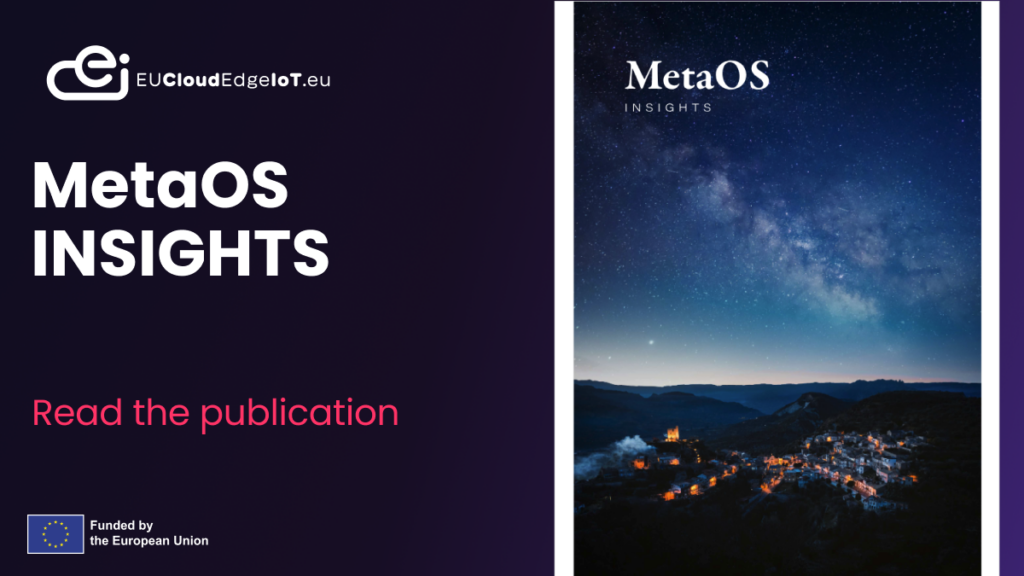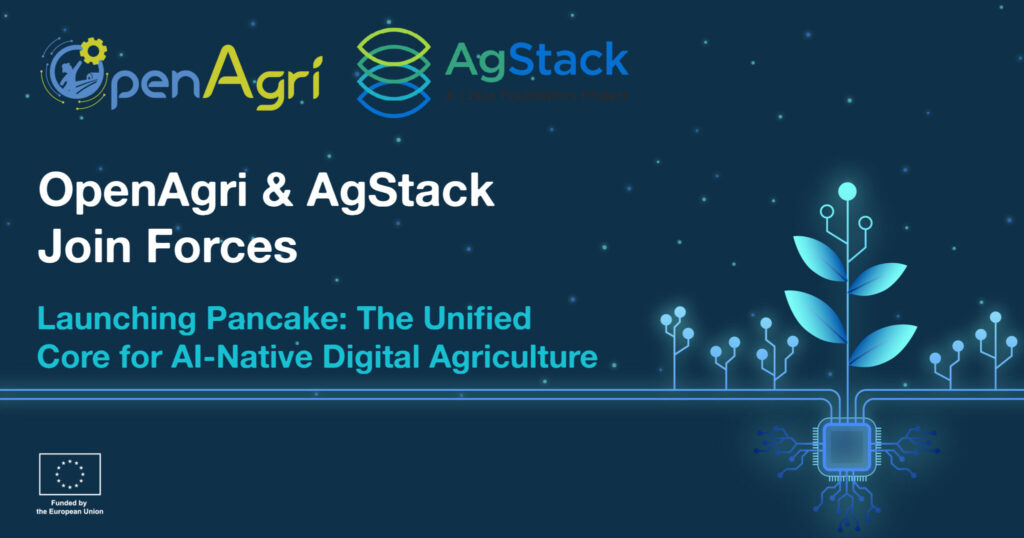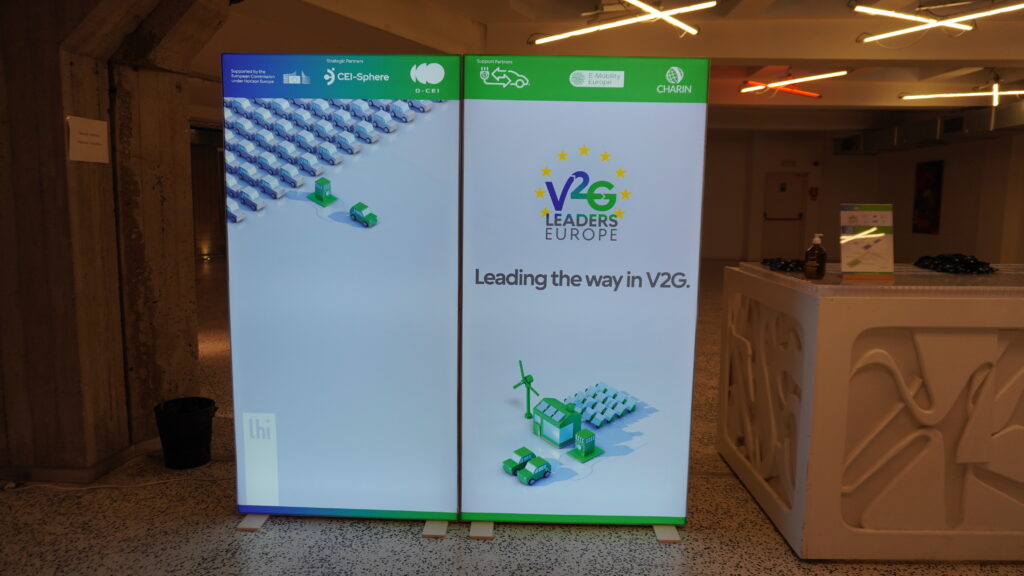The European Commission has launched a significant public consultation aimed at steering the future of digital innovation and investment across the EU. With its sights set on the next Multiannual Financial Framework (MFF) for 2028–2034, this initiative—led by DG CNECT—will play a central role in defining research, development, and deployment priorities in strategic digital technologies.
What’s at Stake & Why It Matters?
This consultation is a foundational opportunity to inform the EU’s next wave of digital investments, ensuring that Europe maintains its competitive edge while advancing values such as openness, sovereignty, and sustainability. The Commission’s aim is to base future funding and policy decisions on broad, evidence-driven input from across the European digital ecosystem.
The consultation comprises three targeted surveys, each open until 23 May 2025:
- Stakeholder Survey – For all digital ecosystem actors, including researchers, academia, startups, SMEs, large industry, investors, public authorities, and civil society.
- Public Sector Survey – For government and public service providers to share insights on technology adoption, challenges, and digital readiness.
- Market Survey (Private Sector) – For companies to highlight current and future use of advanced digital technologies, use cases, and market needs.
Technologies covered range from AI, cloud-edge-IoT, and semiconductors to HPC, data spaces, photonics, and beyond.
This consultation feeds into two strategic studies by the Commission: one on R&I for digital technologies post-2027, and another on deployment and skills. It will directly influence:
- The identification of critical and enabling technologies to receive EU support.
- The mapping of the European digital ecosystem and its place in global value chains.
- A more impact-driven and focused MFF, aligning with Europe’s strategic priorities and global ambitions.
Stakeholder input will ensure that policy and investment decisions reflect real-world needs—from technical requirements to ecosystem collaboration and digital capacity-building.




